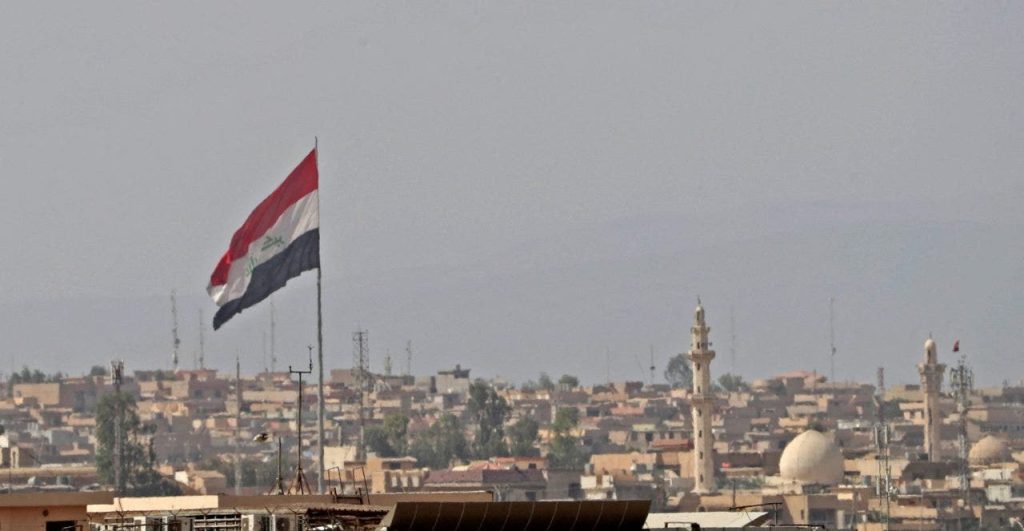An Iraqi police officer, Ahmed Hamdawi al-Kinani, who was previously sentenced to death for the murder of security analyst Hisham al-Hashimi, has been released from prison following a retrial. The court issued an acquittal for al-Kinani, but the exact grounds for his release are unclear. The case was reopened last Wednesday, and al-Kinani was released on Sunday, according to officials from one of the country’s Iran-backed militias. Al-Kinani had been convicted of terrorist charges and sentenced to death for the murder of al-Hashimi, who was a vocal critic of the Iran-backed militias and had received threats before his death in 2020.
Hisham al-Hashimi was a renowned security expert and researcher who was fatally shot outside his Baghdad home by motorcycle-riding assailants in July 2020. He had criticized the armed groups, particularly the Iran-backed militias, in a TV interview just before his death. Al-Hashimi was known for his expertise on the Islamic State group and had reported multiple threats from the militias. After the defeat of IS in December 2017, he became a vocal critic of the Iran-backed militias’ attacks on diplomatic missions. Al-Hashimi’s murder led to the arrest and conviction of al-Kinani, who admitted to the killing in a video aired by state media in 2021. Although al-Kinani claimed to be a police officer, there were allegations linking him to a militia, although the specific group was not disclosed.
In August, Iraq’s judiciary decided to annul the death sentence of al-Kinani and reopen the investigation. Kataib Hezbollah, one of the country’s most powerful militias, praised the decision, stating that al-Kinani had been wrongly accused. However, the decision to release al-Kinani has sparked controversy, with human rights organizations criticizing the Iraqi judiciary as being “politicized and controlled by terrorist militias.” The lack of transparency in the acquittal of al-Kinani has raised concerns about the rule of law and accountability within Iraq’s judicial system. The release of al-Kinani following the retrial has reignited debates about impunity and the influence of powerful militias in the country.
The case of al-Kinani’s release highlights the challenges Iraq faces in addressing human rights violations and ensuring justice for victims of politically motivated crimes. The acquittal of al-Kinani raises questions about the independence and integrity of Iraq’s judiciary, particularly regarding cases involving powerful militias with political influence. The decision to release al-Kinani after his retrial has raised concerns about the safety of journalists, researchers, and activists who speak out against militia groups and the lack of accountability for crimes committed against them. The release of al-Kinani has sparked calls for reforms within Iraq’s judiciary to strengthen the rule of law and ensure justice for victims of politically motivated violence.
The release of al-Kinani also underscores the challenges of combating impunity and ensuring accountability for crimes committed by armed groups in Iraq. The acquittal of al-Kinani, who was initially sentenced to death for the murder of Hisham al-Hashimi, raises questions about the effectiveness of the country’s legal system in addressing cases involving politically motivated violence. The lack of clarity on the grounds for al-Kinani’s release following his retrial has raised concerns about the potential for interference by powerful militias in the judicial process. The case has drawn international attention to the need for Iraq to strengthen its legal and judicial institutions to prevent the influence of armed groups on the country’s justice system and to ensure accountability for human rights violations.


